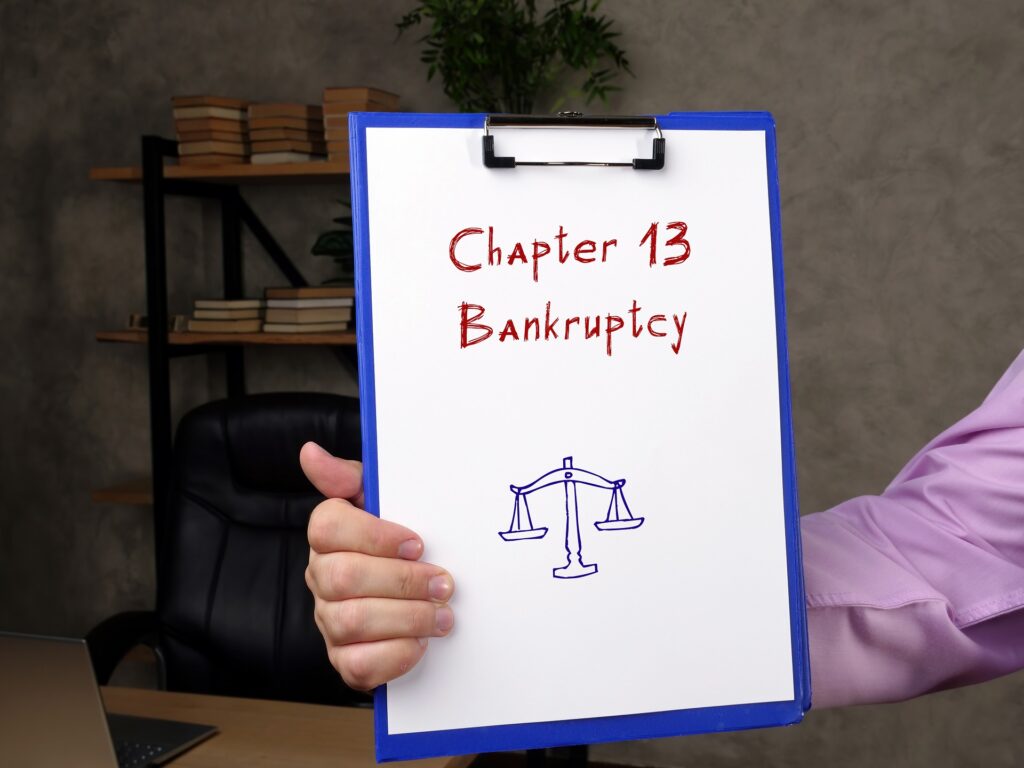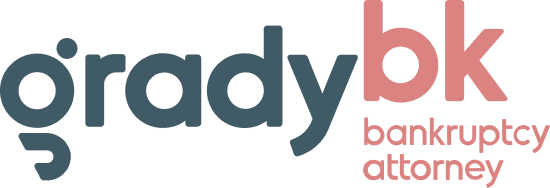If you are struggling with consumer debt, you are far from alone. In fact, reports indicate that total consumer debt in the United States has hit a new high in the first quarter of 2023, surpassing $17 trillion. As the economy continues to pose challenges for individuals, families, and small businesses across the country, it’s natural to feel worried and anxious about your financial future. Many people lose hope that they will ever find a way to repay their outstanding debts, creating a sense of paralysis and discouragement without a clear path forward. However, it’s essential to recognize that bankruptcy offers individuals the opportunity to obtain the financial “fresh start” they need to feel optimistic about the future once again. While many people file for bankruptcy under Chapter 7, those with a steady source of income may find more success by pursuing a Chapter 13 bankruptcy discharge. Let’s take a look at how Chapter 13 bankruptcy works, the eligibility requirements, and what steps you can take to regain control of your financial future.
How Chapter 13 Bankruptcy Works in New York
Chapter 13 bankruptcy, also known as “wage earner” bankruptcy, is intended to help individuals with a steady source of income establish a court-approved repayment plan to pay back a percent of their unsecured debts to creditors over a period of time (typically between three to five years). Pursuing this type of bankruptcy works best for those wishing to stop a foreclosure or a repossession, and to repay the arrears over five years. It also serves those who do not qualify for relief under Chapter 7 because they earn too much income or have assets worth more than the exemption limits. Below is a general overview of the steps involved in pursuing bankruptcy under Chapter 13 in Watertown, New York.
Gather Information
First, you will need to locate and gather several essential documents before filing for Chapter 13 bankruptcy relief. For instance, you will need to compile a list of all the creditors and the amount of their claims, a description of your income (including source, amount, and frequency), paystubs you received within the last six months, federal and state income tax returns for the previous two years, a list of all your property, and a list of your monthly living expenses (i.e., food, clothing, shelter, utilities, taxes, transportation, medication, etc.). Your attorney will put together the forms required to file the bankruptcy.
Attend Mandatory Credit Counseling
Before you may file a bankruptcy petition, you must attend an online credit counseling course from an accredited and court-approved counseling agency. When you file your bankruptcy petition, you will be asked to provide proof of completing this credit counseling requirement.
Complete and File the Bankruptcy Petition
Next, you can file a petition for Chapter 13 bankruptcy. You will need to complete the required forms and include supporting documents, such as a list of assets and liabilities, financial statements, information about your current income and expenses, copies of your tax returns, a list of exempt property, and other relevant materials. Working with a dedicated and compassionate Watertown, New York bankruptcy attorney will ensure that your petition is completed and filed accurately and efficiently.
The Bankruptcy Trustee
The court will appoint a trustee to oversee your case. This person will review your bankruptcy petition and repayment plan. This is also the person you would make your monthly bankruptcy payment to, who will then distribute the funds to your creditors. The trustee will schedule a court hearing that you need to attend (currently being held over the phone), during which you will be placed under oath and asked questions by the trustee about your bankruptcy petition.
Obtaining the Discharge
At the end of the three to five year repayment period, the court will review your case and determine whether you qualify for a discharge under Chapter 13. If so, the court will wipe away your remaining unsecured debts. You will begin to rebuild your credit a few months after the bankruptcy is filed; so by the time you receive your Chapter 13 discharge you would have been able to rebuild your credit.
Qualifying For Chapter 13 Bankruptcy Relief in New York
You will need to meet certain criteria in order to qualify for relief under Chapter 13. As of 2023, individuals filing for Chapter 13 bankruptcy must have no more than $2,750,000.00 of debt. Additionally, you must demonstrate that you have a steady source of income that allows you to fulfill the terms of your repayment plan. Other barriers may prevent you from pursuing a Chapter 13 bankruptcy request, so discuss your options with a knowledgeable bankruptcy attorney today.
Supporting You on the Way to a Brighter Future
Getting and staying motivated to file for bankruptcy is challenging. The path of least resistance is to put off this task indefinitely; unfortunately, doing so only leads to further debt and feelings of hopelessness. If you are ready to regain control of your finances, start by discussing your situation with a caring and understanding New York bankruptcy lawyer. Your attorney will never judge you for the situation you have found yourself in—their goal is to empower you to move forward and into a brighter and more stable future. Start the conversation today by reaching out to a dedicated and compassionate attorney.




